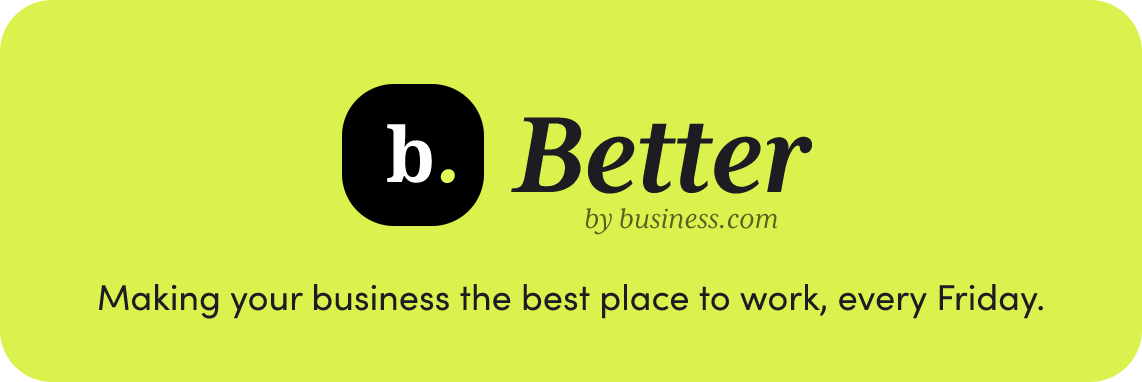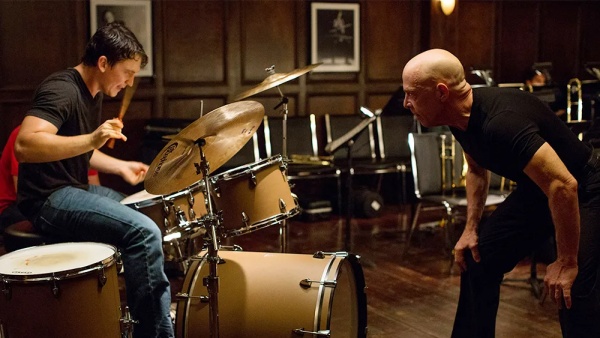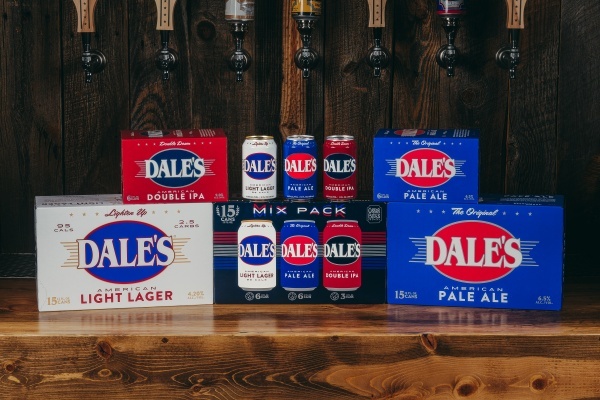Today we’re remembering two food-industry giants: Bob’s Red Mill founder Bob Moore and Pop-Tarts inventor Bill Post.
Moore, who died on Saturday at 94, helped popularize then-alternative “crunchy” diets — whole-grain, organic, gluten-free — in the 1970s. Catering to a niche audience that eventually became mainstream, Bob’s Red Mill generates $100 million annually. In a final wholesome move, Moore transferred ownership of the business to his hundreds of employees.
On the opposite end of the ultra-processed spectrum, Post — who, at 96, also died on Saturday — revolutionized breakfast in 1964 with the humble toaster pastry. Not only does Kellogg’s sell 3 billion Pop-Tarts per year
, but Post will be featured in Jerry Seinfeld’s upcoming Unfrosted: The Pop-Tarts Story. Oh, and he lived to see his anthropomorphized creation ritually sacrificed for a viral marketing stunt at a college football game.
Business isn’t just about the tasty profits you make; it’s about the tasteful legacy you leave behind.
|
ROI of LOL: How laughter boosts productivity
Whiplash: Strike the right note with tough love
Craft beer: How cans became a respectable receptacle
|
|
|
Laugh Your Way to the Bank: Does (Some) Joking Boost Productivity?
|
Rehearsing your open-mic comedy routine at the office seems like a waste of time and a potential ticket to meet with HR. But research from the University of Warwick
found that laughter could induce a 12% uptick in productivity. Happy workers are better workers, and it’s tough to be sad when you’re cracking up
So, how can you entertain colleagues without being unprofessional or, worse, a national trending topic?
To answer that question, Peppercomm CEO Steve Cody and stand-up comedian Clayton Fletcher — who have been friends “since Grover Cleveland won his second term,” Cody says — co-wrote The ROI of LOL: How Laughter Breaks Down Walls, Drives Compelling Storytelling, and Creates a Healthy Workplace. They believe humor nurtures “TOAST” within an organization: Trust, Openness, Authenticity, Storytelling and Teamwork.
“In the comedy world, there’s an element of trust that has to happen,” Fletcher says. “When you find someone you trust, there’s usually a shared sense of humor. … We look for those commonalities and work together to develop them.”
Improv exercises help employees (even those who’ve never dreamed of sitcom glory) feel confident sharing ideas and making presentations. The “yes, and…” technique encourages teams to “accept each other’s ideas and build on them,” Fletcher says. “Stand-up comedy and improv have taught us how to be crisp, compelling, and unexpected.”
Laughter brings people together and breaks down barriers (“If your company is siloed, you’re not going to get anywhere,” Cody says) but there’s a fine line between humor and bullying. It’s a lot safer to make fun of the malfunctioning printer than specific individuals; you might be Don Draper, but don’t try to be Don Rickles.
“Great comedians are great communicators,” Fletcher says. “It’s about what this does for you as a leader, and what this does for your organization as a whole.”
|
|
|
Going paperless? Get the right tools for the job.
|
When it comes to document management, plenty of businesses are stuck in the past, where file cabinets and manila folders reign supreme. If you’re ready to modernize your business into a paperless powerhouse that offers secure access to the documents you need, anytime and anywhere, you need Adobe Acrobat in your corner.
Adobe makes it easy to create, edit, share, scan, and sign digital documents, making them more accessible and organized than ever before. Going digital helps your team better collaborate and enables you to share documents like agreements and invoices with partners at the click of a button. Not to mention you’ll never have to go rifling through desk drawers to find that important file you need ever again.
See why businesses trust Adobe Acrobat with billions of documents each year by taking the software for a test drive free of charge.
|
|
|
Whiplash: Strike the Right Note With Tough Love
|
Giving informal feedback can improve your employees’ performance. Hurling a chair at their heads, as Shaffer Conservatory music teacher Terence Fletcher (J.K. Simmons) does to Andrew Neiman (Miles Teller) in the classic 2014 film Whiplash, is perhaps too informal.
Fletcher relentlessly pushes his gifted students to match his tempo. His extreme methods are meant to prepare them for the cutthroat professional competition they’ll face; one off-tune note could shatter their dreams of joining a top orchestra. “There are no two words in the English language more harmful than ‘good job,’” he explains.
But the students who succeed might be doing so in spite of Fletcher’s borderline psychological abuse, not because of it.
If you’ve had a boss or mentor who sparingly handed out compliments, you’ll likely recall the exhilarating rush whenever you earned their approval. In the business world, a culture of tough love that combines “strictness” and “support” can indeed drive innovation and performance, researchers have found.
The key word here is support; while constant praise might water down the constructive criticism needed for true development, a stick without any carrot is what we call workplace bullying. It’s sometimes motivating to put employees in the hot seat … just don’t ever hurl the seat at them.
|
|
|
A Respectable Receptacle: How Craft Beer Got Into the Can
|
Today, approximately 60% of independent craft beers are canned. A decade ago, it was only 5%. And two decades ago, it was 0%.
“At the time, all craft beer was sold in brown bottles and putting it in a can was an absurd thing to do,” explains Aaron Baker, the senior marketing manager of Oskar Blues Brewery, which produces Dale’s Pale Ale.
That’s because craft beer had elite status, but aficionados considered aluminum to be gas station quality … until Colorado home brewer Dale Katechis — who perfected his recipe in college — changed their minds.
In 2002, Katechis received a spam fax from a Canadian company selling a handheld canning device. (“They used to get spam faxes, like we get spam emails and phone calls,” Baker says.) Katechis thought it could be an affordable way to distribute the beer beyond his hometown.
He was beyond correct: Dale’s Pale Ale found a national fanbase. In 2022, Katechis sold his company to Monster Beverage for an incredible $330 million, having transformed the industry … and proving that anything is possible with a can-do spirit.
|
|
|
Written by Dawn Allcot, Antonio Ferme, and Lauren Vino. Comic by John McNamee.
|
|
|
|



.png)

.png)
.png)

.png)

_2.jpg)